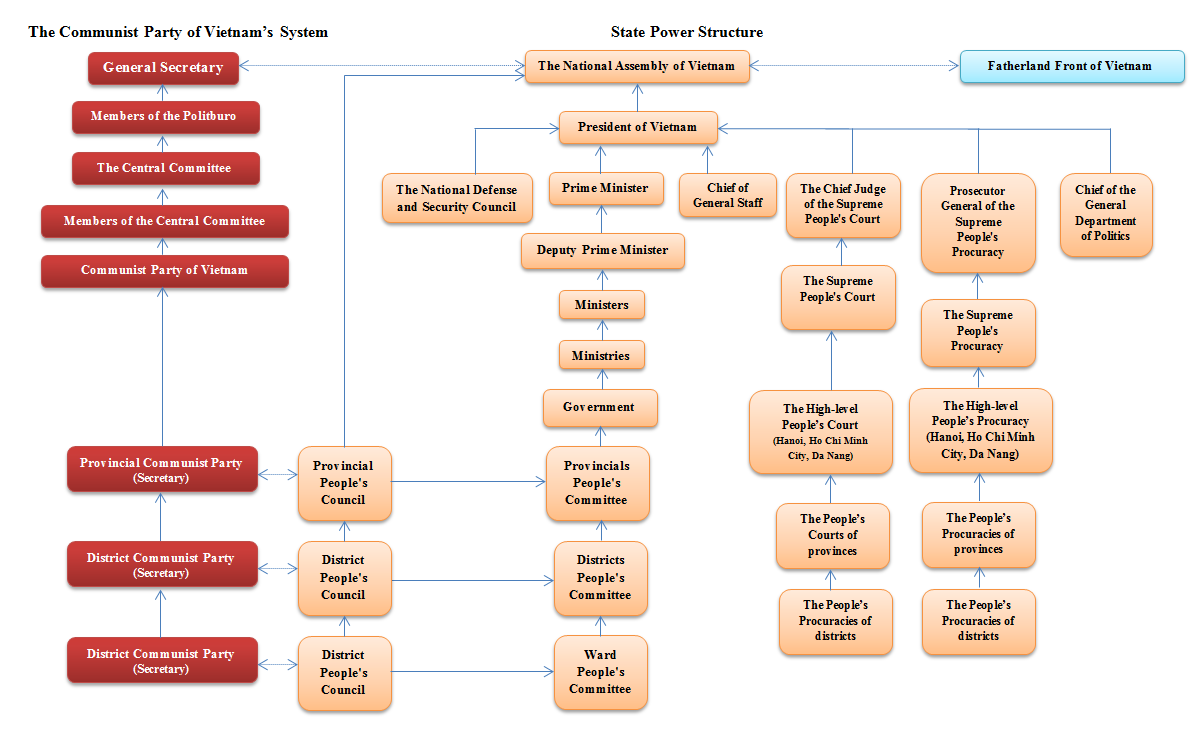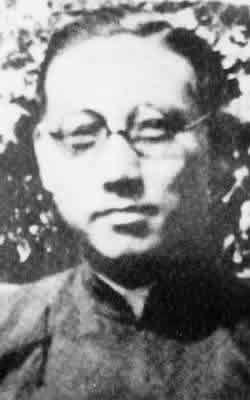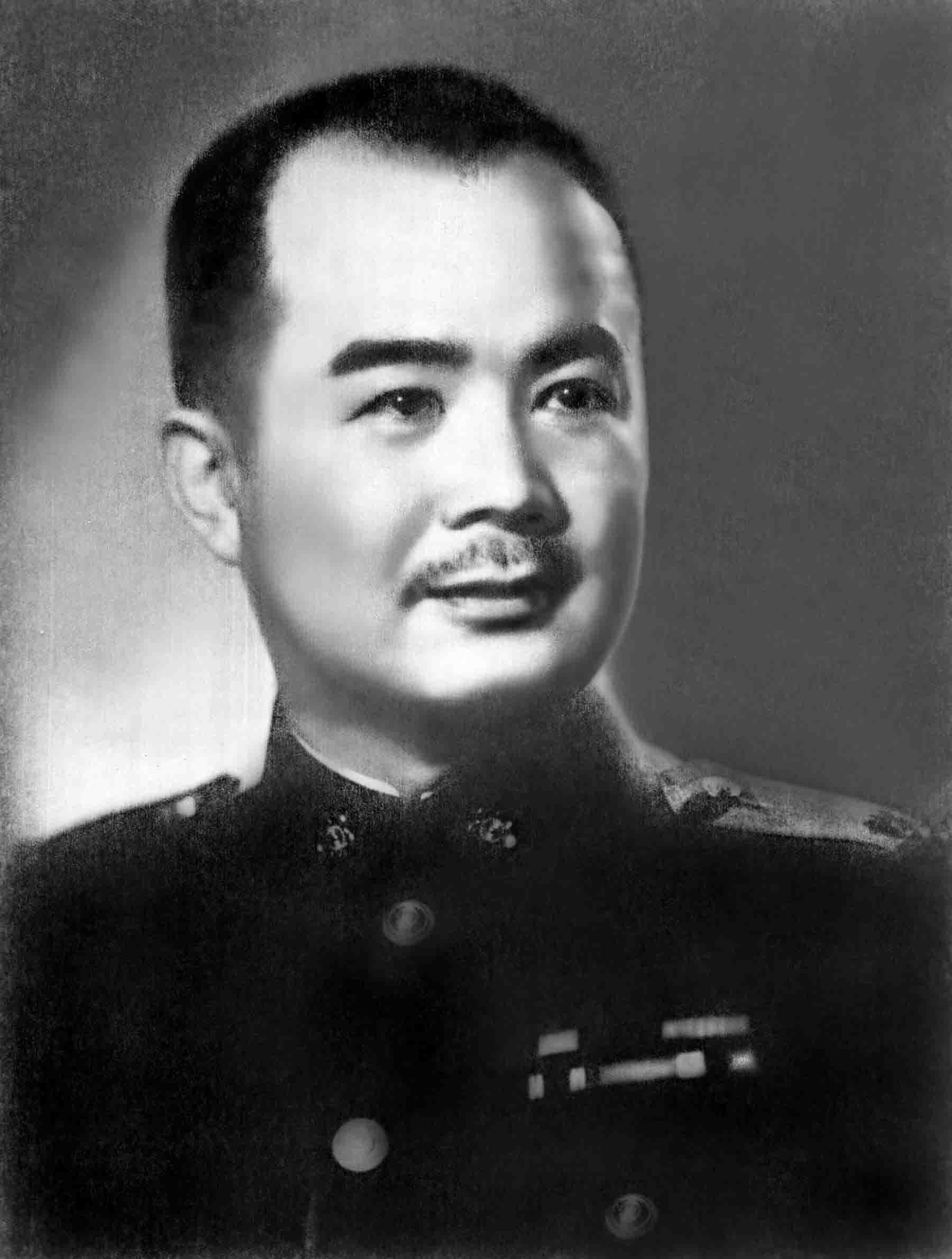|
3rd National People's Congress
The 3rd National People's Congress (NPC) was in session from 1964 to 1975. It held only one session in the ten years due to the disruption caused by the ongoing Cultural Revolution launched by Chairman Mao Zedong after 1966. Seat distribution On 22 August 1966, amidst the Cultural Revolution, all of the minor democratic parties ceased operations after an ultimatum by the Beijing Middle School Red Guards. They did not restore their operations until 1978. The first session The session was held from December 21, 1964, till January 4, 1965. The Congress elected the state leaders: *Chairman of the People's Republic of China: Liu Shaoqi * Vice Chairmen of the People's Republic of China: Soong Ching-ling and Dong Biwu *Chairman of the Standing Committee of the National People's Congress: Zhu De * Premier of the State Council: Zhou Enlai *President of the Supreme People's Court: Yang Xiufeng *Procurator-General of the Supreme People's Procuratorate The procurator-general of t ... [...More Info...] [...Related Items...] OR: [Wikipedia] [Google] [Baidu] |
Highest Organ Of State Power
The supreme state organ of power, also known as the highest state organ of power, is the representative organ in communist states that functions as the sole branch of government according to the principle of unified power. For example, the government of the Soviet Union was designated as the highest executive and administrative body of the supreme state organ of power, the Supreme Soviet of the Soviet Union, All-Union Supreme Soviet. The powers of the supreme state organ of power are constrained only by the limits it has itself set by adopting constitutional and legal documents. In China, according to Chinese legal scholar Zhou Fang, "[t]he powers of the National People's Congress as the supreme state organ of power are boundless, its authority extends to the entire territory of the country, and, if necessary, it can intervene in any matter which it finds it requisite to do so." More specifically, according to Chinese legal scholars Xu Chongde and Niu Wenzhan, "[t]he other central ... [...More Info...] [...Related Items...] OR: [Wikipedia] [Google] [Baidu] |
Lin Feng (politician)
Lin Feng (; September 30, 1906 – September 29, 1977) was a Chinese male politician who served as the vice chairperson of the Standing Committee of the National People's Congress. References {{DEFAULTSORT:Lin, Feng 1906 births 1977 deaths Vice chairpersons of the National People's Congress Members of the 7th Central Committee of the Chinese Communist Party Members of the 8th Central Committee of the Chinese Communist Party ... [...More Info...] [...Related Items...] OR: [Wikipedia] [Google] [Baidu] |
Jiusan Society
The Jiusan Society () is one of the eight minor so-called "Democratic parties (China), democratic parties" in the China, People's Republic of China under the direction of the Chinese Communist Party. The party's original name was "Democracy and Science Forum" on its informal founding in 1944; the current name refers to the date of Chinese victory in the Second Sino-Japanese War (3 September 1945). Its membership currently consists of high- and medium-level intellectuals in the fields of science, technology, and education. The Jiusan Society is the seventh-ranking minor party in China. It currently has 56 seats in the National People's Congress, 5 seats in the Standing Committee of the National People's Congress, NPC Standing Committee and 45 seats in the Chinese People's Political Consultative Conference. Its current chairman is Wu Weihua. History The party was originally founded informally in 1944 in Chongqing as the "Democracy and Science Forum". On 3 September 1945, afte ... [...More Info...] [...Related Items...] OR: [Wikipedia] [Google] [Baidu] |
Ji Fang
Ji Fang (; April, 1890 – December 17, 1987) was a Chinese male politician, who served as the vice chairperson of the Chinese People's Political Consultative Conference. References 1890 births 1987 deaths Vice chairpersons of the National Committee of the Chinese People's Political Consultative Conference {{China-politician-stub ... [...More Info...] [...Related Items...] OR: [Wikipedia] [Google] [Baidu] |
Chinese Peasants' And Workers' Democratic Party
The Chinese Peasants' and Workers' Democratic Party (CPWDP) is one of the eight minor Democratic parties (China), democratic parties in the China, People's Republic of China under the direction of the Chinese Communist Party. The party was officially founded in the Shanghai French Concession on 9 August 1930 by left-wing members of the Kuomintang. It is mainly made up of members who mostly work in the fields of public health, medicine, and associated fields in science and technology. It is the fifth-ranking minor party in China. It currently has 60 seats in the National People's Congress, 5 seats in the Standing Committee of the National People's Congress, NPC Standing Committee and 45 seats in the Chinese People's Political Consultative Conference. The current chairman of CPWDP is He Wei. History The party had its origins in the collapse of the First United Front when they first met in November 1927. Its original members were left-wing Kuomintang members and expelled Communist ... [...More Info...] [...Related Items...] OR: [Wikipedia] [Google] [Baidu] |
Chinese Communist Party
The Communist Party of China (CPC), also translated into English as Chinese Communist Party (CCP), is the founding and One-party state, sole ruling party of the People's Republic of China (PRC). Founded in 1921, the CCP emerged victorious in the Chinese Civil War against the Kuomintang and Proclamation of the People's Republic of China, proclaimed the establishment of the PRC under the leadership of Mao Zedong in October 1949. Since then, the CCP has governed China and has had sole control over the People's Liberation Army (PLA). , the CCP has more than 99 million members, making it the List of largest political parties, second largest political party by membership in the world. In 1921, Chen Duxiu and Li Dazhao led the founding of the CCP with the help of the Far Eastern Bureau of the Communist Party of the Soviet Union, Russian Communist Party (Bolsheviks) and Far Eastern Bureau of the Communist International. Although the CCP aligned with the Kuomintang (KMT) during its initia ... [...More Info...] [...Related Items...] OR: [Wikipedia] [Google] [Baidu] |
Mao Zedong
Mao Zedong pronounced ; traditionally Romanization of Chinese, romanised as Mao Tse-tung. (26December 18939September 1976) was a Chinese politician, revolutionary, and political theorist who founded the People's Republic of China (PRC) in 1949 and led the country from Proclamation of the People's Republic of China, its establishment until Death and state funeral of Mao Zedong, his death in 1976. Mao served as Chairman of the Chinese Communist Party (CCP) from 1943 until his death, and as the party's ''de facto'' leader from 1935. His theories, which he advocated as a Chinese adaptation of Marxism–Leninism, are known as Maoism. Born to a peasant family in Shaoshan, Hunan, Mao studied in Changsha and was influenced by the 1911 Revolution and ideas of Chinese nationalism and anti-imperialism. He was introduced to Marxism while working as a librarian at Peking University, and later participated in the May Fourth Movement of 1919. In 1921, Mao became a founding member of the ... [...More Info...] [...Related Items...] OR: [Wikipedia] [Google] [Baidu] |
Chairman Of The Chinese Communist Party
The chairman of the Central Committee of the Chinese Communist Party ( zh, s=中国共产党中央委员会主席, p=Zhōngguó Gòngchǎndǎng Zhōngyāng Wěiyuánhuì Zhǔxí) was the party leader, leader of the Chinese Communist Party. The position was established at the 8th National Congress of the Chinese Communist Party, 8th National Congress in 1945 and abolished at the 12th National Congress of the Chinese Communist Party, 12th National Congress in 1982, being replaced by the General Secretary of the Chinese Communist Party, general secretary. Offices with the name Chairman of the Central Executive Committee and Chairman of the Central Committee existed in 1922–1923 and 1928–1931, respectively. History Background Following the establishment of the CCP, its inaugural leader, Chen Duxiu, held various positions including secretary of the Central Bureau, chairman of the Central Executive Committee ( zh, c=中央执行委员会委员长), and general secretary of the C ... [...More Info...] [...Related Items...] OR: [Wikipedia] [Google] [Baidu] |
Cultural Revolution
The Cultural Revolution, formally known as the Great Proletarian Cultural Revolution, was a Social movement, sociopolitical movement in the China, People's Republic of China (PRC). It was launched by Mao Zedong in 1966 and lasted until his death in 1976. Its stated goal was to preserve Ideology of the Chinese Communist Party, Chinese socialism by purging remnants of Capitalism, capitalist and Four Olds, traditional elements from Chinese culture, Chinese society. In May 1966, with the help of the Cultural Revolution Group, Mao launched the Revolution and said that Bourgeoisie, bourgeois elements had infiltrated the government and society with the aim of restoring capitalism. Mao called on young people to Bombard the Headquarters, bombard the headquarters, and proclaimed that "to rebel is justified". Mass upheaval began in Beijing with Red August in 1966. Many young people, mainly students, responded by forming Cadre system of the Chinese Communist Party, cadres of Red Guards th ... [...More Info...] [...Related Items...] OR: [Wikipedia] [Google] [Baidu] |
4th National People's Congress
The 4th National People's Congress (NPC) was in session from 1975 to 1978. It held only one session, in January 1975, despite the Constitution mandating a session be held each year. There were 2864 deputies to this Congress. Seat distribution The first session The first session passed the 1975 Constitution of the People's Republic of China. The offices of Chairman and Vice Chairman were abolished at the suggestion of Chairman Mao Zedong, passing the role of head of state to the Chairman of the Standing Committee of the National People's Congress. This was part of the Chinese Cultural Revolution, which ended the following year. *Chairman and Vice Chairman: ''Posts abolished'' *Chairman of the Standing Committee of the National People's Congress: Zhu De *Premier of the State Council: Zhou Enlai Zhou Enlai ( zh, s=周恩来, p=Zhōu Ēnlái, w=Chou1 Ên1-lai2; 5 March 1898 – 8 January 1976) was a Chinese statesman, diplomat, and revolutionary who served as the first Pre ... [...More Info...] [...Related Items...] OR: [Wikipedia] [Google] [Baidu] |
2nd National People's Congress
The 2nd National People's Congress (NPC) was in session from 1959 to 1964. It held four sessions in this period. Background Since the succeeding Congress was to be the first to be elected under the 1954 Constitution of the People's Republic of China, the Standing Committee of the National People's Congress, in February 1959, finished all the preparatory work for selection of deputies, which were voted by representatives of the provincial legislatures and the city legislatures of the then two Direct-administered municipalities of China: Beijing and Shanghai. The elections were held in accordance with the 1953 Electoral Law. Seat distribution The first session The first session was held in 18–28 April 1959. During the first session, Mao Zedong relinquished his role as chairman of the People's Republic to Liu Shaoqi. The Congress elected the state leaders: *Chairman of the People's Republic of China: Liu Shaoqi *Vice Chairman of the People's Republic of China, Vice Chairm ... [...More Info...] [...Related Items...] OR: [Wikipedia] [Google] [Baidu] |
Zhou Jianren
Zhou Jianren (; 1888–1984) was a politician and biologist of the People's Republic of China. He was the younger brother of Lu Xun and Zhou Zuoren. Career Zhou advocated the use of birth control as a way to alleviate overpopulation. In 1947, Zhou translated Charles Darwin's ''On the Origin of Species'' into Chinese. Zhou represented Zhejiang in the inaugural National People's Congress in 1954, serving as a member of the body's standing committee. He became governor of Zhejiang in 1958 and held the position until the beginning of the Cultural Revolution in 1966. When the office of the Chairman of the Standing Committee of the National People's Congress, by then the head of state of the People's Republic of China, fell vacant in 1976, Zhou was one of the 20 vice chairmen who administered the position. He also served as the chairman of China Association for Promoting Democracy China, officially the People's Republic of China (PRC), is a country in East Asia. With a ... [...More Info...] [...Related Items...] OR: [Wikipedia] [Google] [Baidu] |







